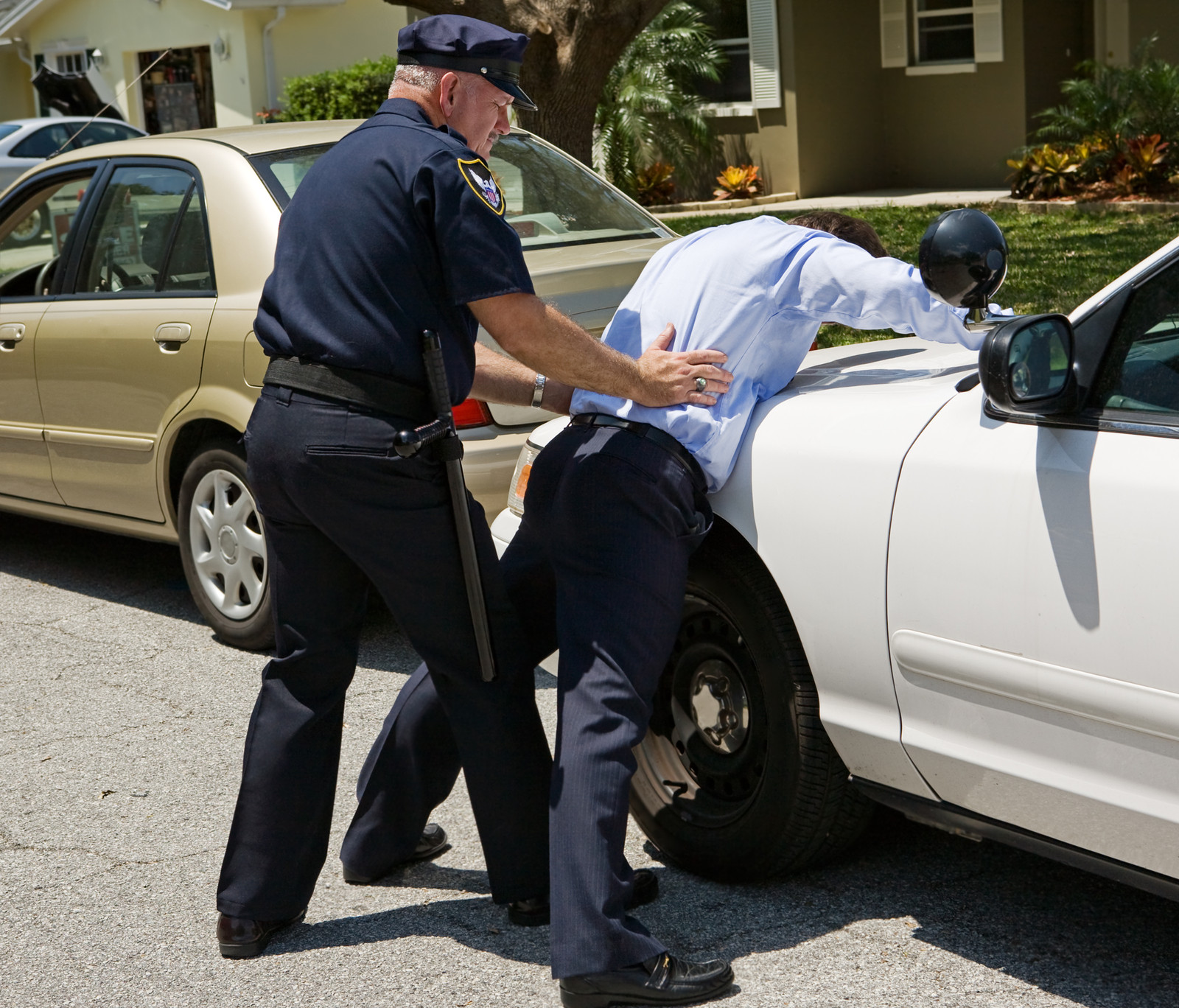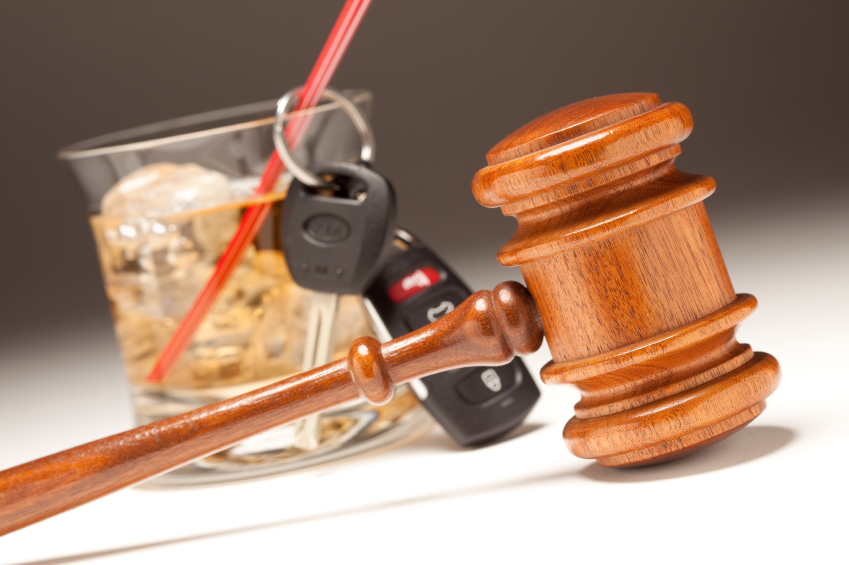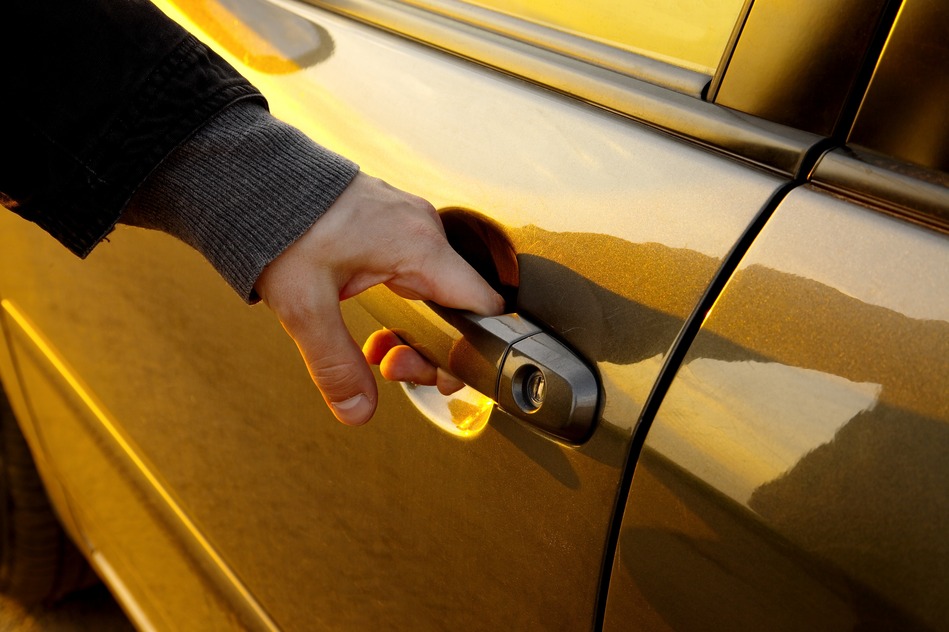Westland DUI Dismissed
Almost a full year ago our client was pulled over for speeding, he was doing 57 in a 40. When the officers approached the suspected that he had been drinking. The officers asked that he perform field sobriety tests including
Drinking and Driving and Chemical Testing Laws
If you have been charged with drinking and driving, or accused of refusing a chemical text contact Aaron J. Boria (734) 453-7806. Chemical testing is a major part of any drinking and driving charge. Michigan uses the .08 BAC (Blood Alcohol
Drinking and Driving Penalties in Michigan
When someone has been arrested for drinking and driving or driving under the influence of drugs they are typically charged with Operating While Intoxicated (OWI). The degree of punishment and official charge increases depending on the circumstances of the charge and
Driving on Drugs in Michigan
Driving on Drugs in Michigan is treated just like any DUI offense. If you have been charged with driving on drugs, call drug driving lawyer, Aaron J. Boria today for a free consultation (734) 453-7806. If the drug is a scheduled
OWI Lawyer – 5 Things to Know When Stopped By Police For DUI
Many people who are stopped by police are unsure how to handle the situation. Aaron J. Boria is an experienced criminal defense lawyer. This blog is dedicated to helping people handle a police interaction and to avoid getting abused during
OWI High BAC – No Jail
Drunk Driving High BAC is a relatively new drinking and driving offense. It is basically a DUI with severely increased penalties that is charged when your blood alcohol level is a .17 or higher. If you are facing a drunk
Super Drunk in Livonia Success
Our client was leaving the One Under Bar on Five Mile in Livonia. He had drank too much alcohol, got lost, and ended up stuck in someone’s driveway. The police were called and he was arrested and charged with High
Is a PBT admissible against me?
If you are facing drinking and driving charges you probably have a lot of questions. Call Michigan drinking and driving lawyer, Aaron J. Boria today for answers (734) 453-7806. One question we get a lot is, how the preliminary breath test
Nurse or Doctor Charged with Drug or Alcohol Crimes
If you are a health care professional and are facing criminal charges call Boria Law today (734) 453-7806. The Michigan Department of Licensing and Regulatory Affairs requires that a licensed health care professional report a criminal conviction within 30 days of
DUI Lawyer Livonia
It is that time of year again, the holidays, which also means increased DUI police patrols starting Thanksgiving, and continuing through Christmas, New Years, and all the way to the Super Bowl. If you are arrested for drinking and driving you










